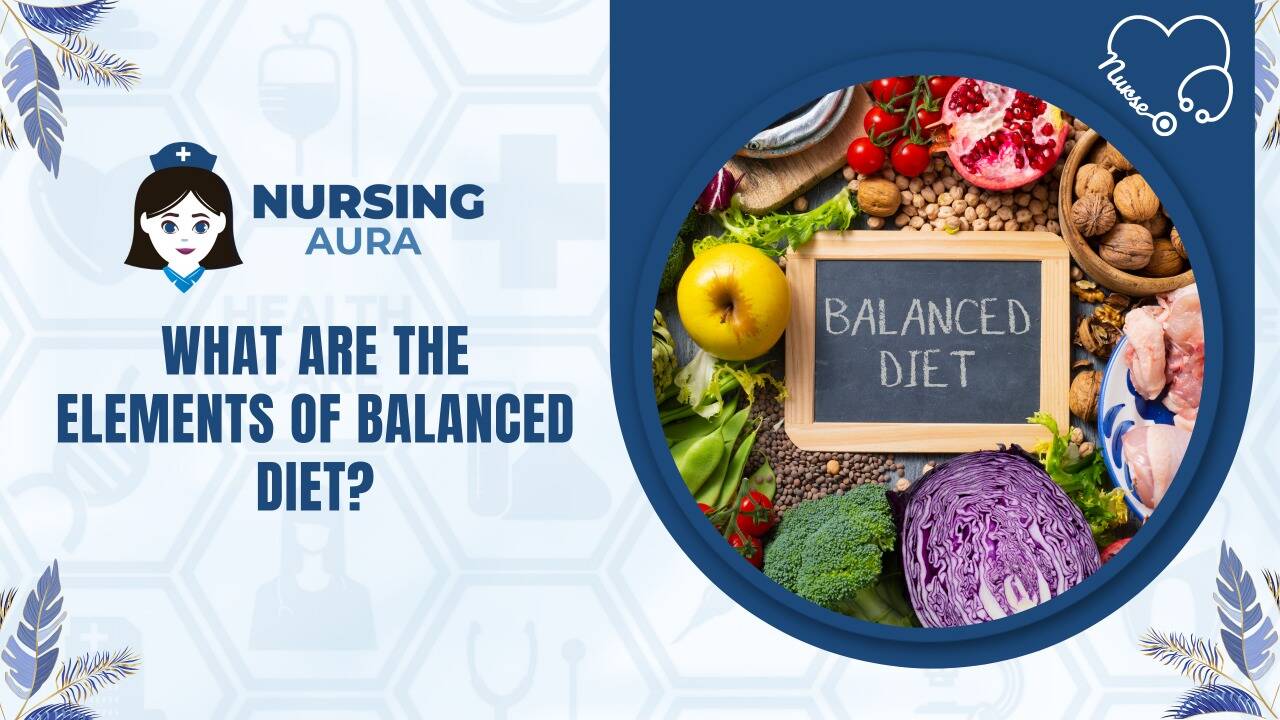A balanced diet is necessary for the body to obtain all vital materials for development, ensuring that all body parts receive all the elements that they need to function properly. A proportionate diet is suggestive of a balanced diet. This means that you are not only eating the proper foods, but also the right quantities. Incorporating a balanced diet improves your health and helps you maintain a healthy weight.
Do you consume a balanced diet?
Assuming you need to go deeper into nutrition for a healthy diet or to assist others in maintaining good health.
What elements comprise a balanced diet?
-
Carbohydrat0es
The majority of diets are based on carbohydrates, which account for over half of total energy (calorie) consumption.
Carbohydrates are an excellent energy source. Typically, 60% of a person’s diet, or 310 grammes, consists of carbohydrates. This is where the vast majority of your energy originates. Consume a great deal of carbohydrate-rich foods such as rice, pasta, potatoes, and wheat if you are engaged in a variety of activities throughout the day.
-
Vitamins
There are so many necessary vitamins available nowadays, but particular care should be given to the use of vitamins such as vitamins A, C, B, and D. Taking multivitamins for these four is beneficial, despite the fact that natural sources such as fruits and vegetables are superior.
-
Minerals
Minerals facilitate the energy release from food. In addition, they interact with bodily parts in order to stimulate growth and development. Iron aids in energy production, whereas calcium promotes bone and tooth formation. Today, there are abundant minerals available. However, the most important nutrients you must consume are iodine, potassium, salt, iron, calcium, etc.
-
Fats
Fats are essential for the production of healthy cells and their proper functioning in the body. In addition to producing hormones and other compounds, it provides an enormous source of energy and energy storage.
Many folks avoid fat since it contributes to weight growth. However, this is not the case at all. Dairy products, beef, and fish all contain healthy fats that come from good sources. Their primary function is to aid in managing body temperature and nutrient absorption. They aid in the gradual release of energy, which is great for marathon runners.
-
Protein
Proteins are an excellent energy source and come under the important elements of a balanced diet. It is one of the required nutrients for the proper functioning of all bodily cells.
Protein is mostly derived from meat; however, nutritional guidelines recommend consuming it primarily from lean animal sources. They primarily aid in the development of skin, hair, and muscles. The daily maximum is set at 50 grams for an average-sized adult.
-
Fiber
Fiber helps fill you up and promotes proper absorption. It is basically concerned with controlling your cholesterol levels. Foods high in fiber include oats, wheat, and vegetables. Get approximately 30 grams each day. Dietary fiber is either classified as soluble or insoluble. A combination of soluble and insoluble fiber is necessary for acceptable health.
-
Water
The list of the majority of balanced diets consists of only six items, but many fail to include water, which is a vital component. The reality is that few people consider the importance of water in their diet. Coffee, tea, and juice drinks cannot provide the same health benefits as water. It moisturizes the body and contributes to the growth of the relative variety of distinct segments listed above. The recommended daily intake is usually about eight cups.
These are the seven components of a balanced diet, which dictate what each meal should contain for optimal health. There are meal plans that adhere to the balanced guideline, so you do not need to come up with your own manifestations.

